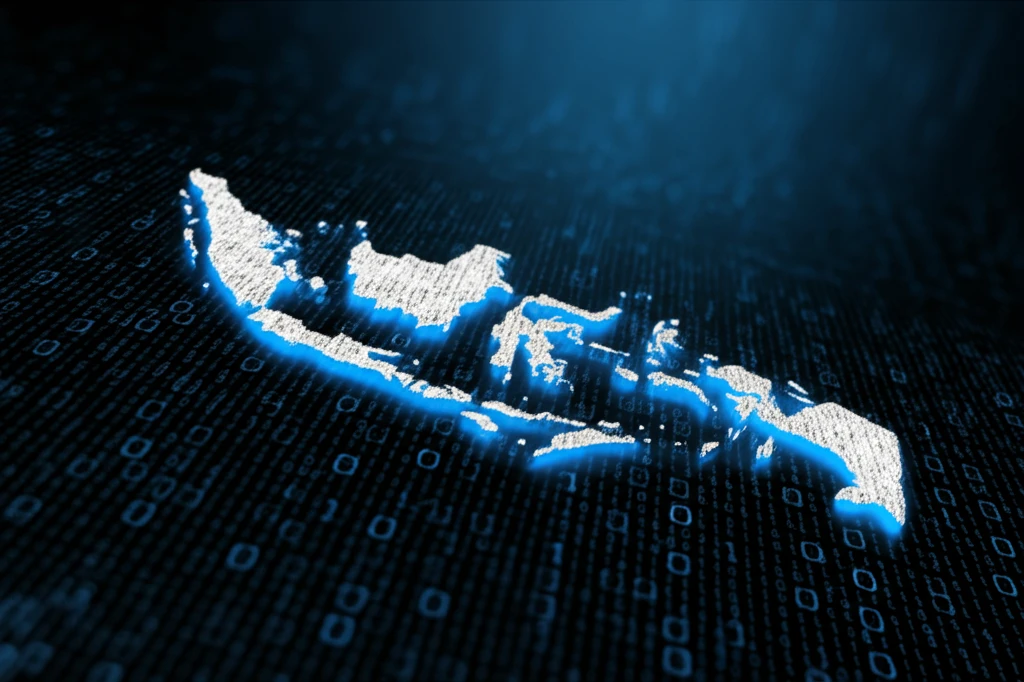
Decoding Indonesia's Information Law: Your Right to Know
"A straightforward guide to understanding and utilizing Indonesia's Undang-Undang Nomor 14 Tahun 2008, empowering citizens through access to public information."
In an era defined by information, the ability to access and understand public data is paramount. Indonesia's Undang-Undang Nomor 14 Tahun 2008, concerning Keterbukaan Informasi Publik (Public Information Disclosure Act), marks a significant step towards transparency and citizen empowerment.
This law recognizes information as a fundamental human right, essential for personal development, social engagement, and national resilience. It emphasizes that open access to information is a hallmark of a democratic state, enabling citizens to participate actively in governance and hold public bodies accountable.
But what does this law really mean for you? This article breaks down the key aspects of the Keterbukaan Informasi Publik, clarifies your rights, explains how to request information, and navigates potential limitations. It's your guide to becoming an informed and empowered citizen in Indonesia.
Why Does Information Access Matter? Unveiling the Core Principles

The Keterbukaan Informasi Publik is built on the foundation that information is a vital resource for every individual. Access to information isn't just about knowing; it's about:
- Social Development: Informed citizens can participate more effectively in community discussions, contribute to policy debates, and work towards positive change.
- National Resilience: A well-informed populace is better equipped to understand national challenges, support effective policies, and contribute to the country's progress.
- Human Rights: Access to information is recognized as a fundamental human right, essential for individual autonomy and democratic participation.
- Good Governance: Transparency in government operations fosters accountability, reduces corruption, and builds public trust.
Unlock Your Right to Know: Embrace Information Access
The Keterbukaan Informasi Publik represents a powerful tool for citizens to engage with their government, understand policy decisions, and contribute to a more transparent and accountable society. By understanding your rights and actively seeking information, you can become a more informed, empowered, and engaged citizen of Indonesia.
